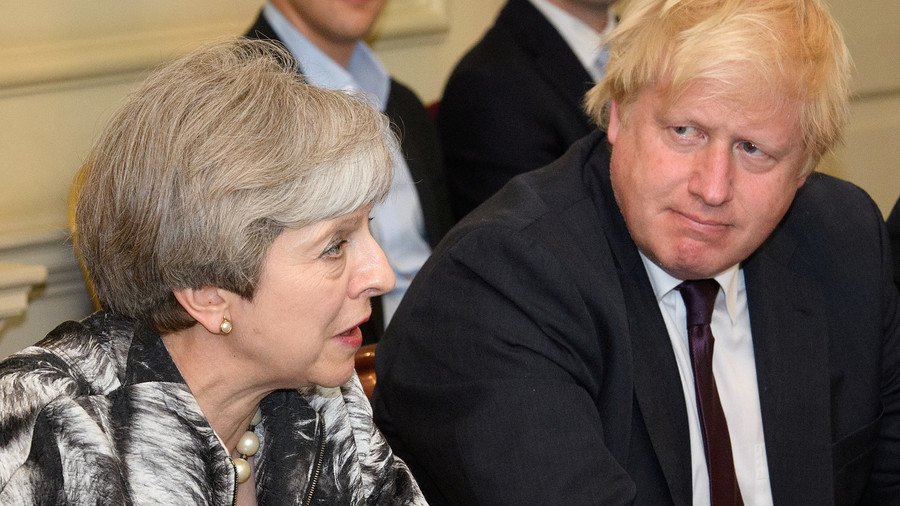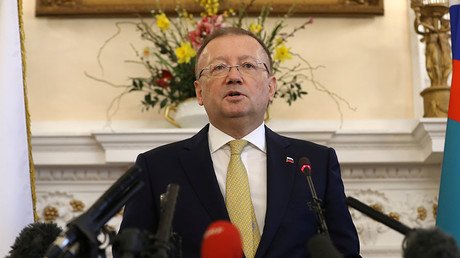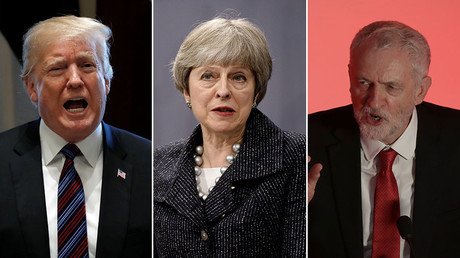UK government's reputation at stake over Skripal case – Russia's envoy to Britain

The Skripal case has raised a lot of questions, which are posed not only by Moscow, but by the British people, the Russian ambassador to the UK told RT, and failure to answer them puts the UK government's reputation on the line.
"We have the strategic patience and what we're going to do is to just press the British government, because they have to give a reply not only to us but also to the British people," Russian Ambassador to the UK Alexander Yakovenko told RT in an exclusive interview.
The UK government has started answering some of the questions, but the pace is still very slow and the major ones remain unanswered. The scandal erupted in early March, when former double agent Sergei Skripal and his daughter, Yulia, were found in critical condition in the town of Salisbury. Top UK officials pinned the blame on Moscow, but they are yet to release evidence to back up the accusations.
"We're working every day, so we're asking more and more questions. The government has started answering these questions, but very very, let's say, in a shrink way, but still we're trying to involve them in this process," Yakovenko said. "But what seriously matters, is that why the government is doing this? Why are they declining all our requests? Why have they classified all the information?"
The Russian position on the case remains unchanged, Yakovenko stressed. Moscow believes that the whole Skripal scandal was a "huge" false flag operation, "but we have to prove it." While the UK government is likely to have a "political motivation" for blaming Russia, the diplomat said, it's too early to draw definitive conclusions. For now, finding out the truth behind what really happened is key.
The political "motivation" might actually take its roots in Brexit, as the UK seeks "its place under the sun" in the new reality, Yakovenko said.
"If you read the national security strategy, you will find that Russia in this strategy, and this is an official document of the British government, Russia is the enemy number one to Britain. So this is written in the paper," the diplomat stated. "Theresa May, in her famous banquet speech, announced that Britain will take a lead in the deterrence of Russia. In order to follow this policy, you have to have the support of the people. That's why all the media campaigns are basically targeted to the people in order to prove that Russia is an evil and to support the allegations of the British government."
Inconsistencies in the case, the media offensive, and the lack of solid evidence, however, have raised questions among the British people themselves and put the government's reputation at stake, Yakovenko said. This, in turn, defeats the stated purpose of the UK becoming the main "deterrent" of Russia.
"Without the support of the people, it's very difficult to do that. What we see today, the people don't believe the government, they put a lot of questions, and if you read the social media they are asking why the government is pursuing such a policy. In order to get the goal, you have to press more and more. That's why you hear all these stories, all these fake news," Yakovenko said.
"I think that at the stake they have their reputation, because the people are asking more and more questions: Who's running the country? Is Britain committed to international obligations? So the reputation of the country, the reputation of the government is at stake, and I believe this is quite a strong motivation for the British."















